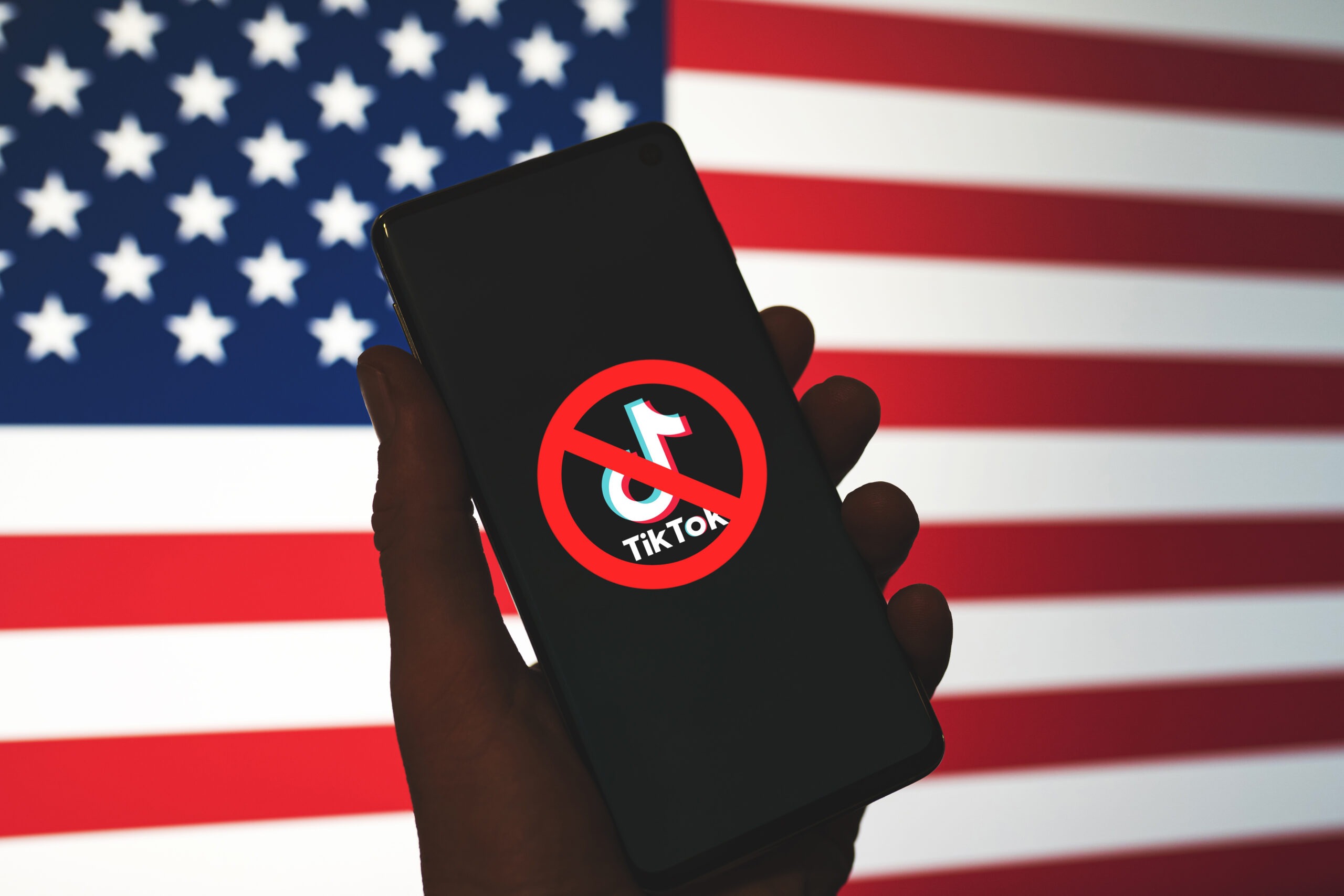The U.S. House of Representatives recently passed the Protecting Americans from Foreign Adversary Controlled Applications Act, signaling a huge move against TikTok and its parent company, ByteDance.
This legislation mandates ByteDance to divest its ownership stake in TikTok within 165 days or face removal from U.S. app stores and web hosting services. President Joe Biden has expressed support for this bill and intends to sign it into law pending Senate approval.
Biden’s stance on TikTok has been consistent and stems from concerns regarding foreign influence, particularly disinformation spread within the United States.
During his presidential campaign, Biden labeled TikTok a “matter of genuine concern” and instructed his staff to remove the app from their work phones. Subsequently, he banned TikTok on federally issued devices and pushed for localized U.S. data storage and stricter federal oversight.
TikTok (Credits: CNET)
These concerns are not unfounded. Observers and experts have highlighted TikTok’s potential as a platform for spreading disinformation, a sentiment echoed by White House Press Secretary Karine Jean-Pierre and cyber advisers to the secretary of defense.
The Office of the Director of National Intelligence has also raised alarms about TikTok’s disinformation capabilities linked to the Chinese Communist Party (CCP).
While accusations of xenophobia and mercantilism have arisen from China regarding Biden’s TikTok policies, private studies, and academic research have supported the administration’s worries.
Findings have revealed substantial misinformation on TikTok, particularly on sensitive topics related to the CCP, raising concerns about China’s influence over the platform.
However, the focus on TikTok contrasts with challenges in regulating domestic social media platforms like Facebook, X (formerly Twitter), and YouTube. Despite Biden’s efforts against domestic disinformation, GOP opposition has hindered progress.
Efforts like the Disinformation Governance Board faced resistance and were finally dissolved due to disinformation campaigns led by far-right figures.
TikTok Is a Problem (Credits: The New Republic)
This discrepancy in regulating foreign and domestic platforms weakens efforts to combat disinformation and undermines Biden’s vision for a democratic global internet. It fuels accusations of hypocrisy and challenges the administration’s credibility in promoting a truthful and open online environment.
Addressing disinformation requires a comprehensive approach to regulating foreign and domestic platforms. Without consistent standards and efforts across the board, the effectiveness of measures like the TikTok ban in reducing disinformation remains questionable, and the broader goal of a transparent and democratic internet could be compromised.
